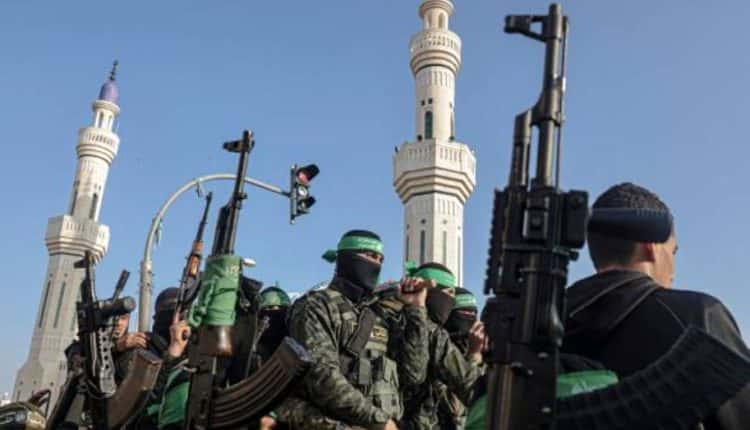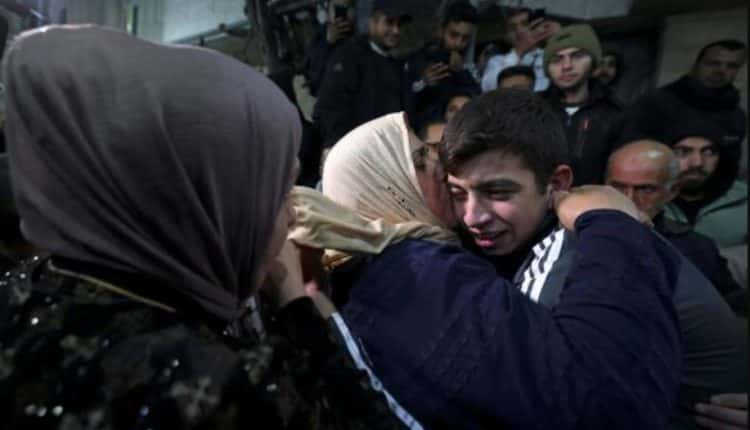
In a significant development marking the one-week anniversary of a short-term truce between Israel and Hamas, six Israeli hostages were released to the Red Cross on Thursday.
The ongoing truce, brokered by Qatar, Egypt, and the United States, has seen a series of positive steps towards de-escalation.
Hostage Liberation
The six hostages, including two minors and six females with dual nationalities, are en route to Israel via Egypt, according to the Israeli military.
Among those released are Bedouin siblings Bilal and Aisha Ziyadne, who were kidnapped from Kibbutz Holit. Tragically, their father and older brother remain captive, highlighting the complexities surrounding the hostage situation.
As part of the reciprocal agreement, Israel released 30 Palestinian prisoners, including 23 minors and seven women. This exchange is a crucial component of the truce, signaling a commitment from both sides to prioritize the release of hostages.
Earlier on the same day, Mia Schem and Amit Soussana were released after spending 55 days in captivity in Gaza. Mia Schem, a French-Israeli woman, had appeared in a distressing propaganda video in October, emphasizing the emotional toll of the ordeal.
Read more: Israel Urges Residents Of Key Southern City In Gaza To Evacuate
Six Israeli Hostages Freed on One-Week Mark of Israel-Hamas Truce

The cease-fire, initially set for four days, has been extended multiple times, with the latest extension announced just before the previous one was set to expire.
The truce has provided a much-needed pause in the conflict that ensued after Israel declared war on Hamas following an attack by militants on October 7. The backbone of the truce rests on Hamas’ commitment to release women and children held hostage, reciprocated by Israel’s release of Palestinians from its prisons.
While significant progress has been made with dozens of hostages returning to Israel and over 100 Palestinians freed, challenges persist, and more than 100 individuals abducted on October 7 remain in captivity.
In a meeting with the US Secretary of State Antony Blinken and Israeli Prime Minister Benjamin Netanyahu expressed hopes for further extensions of the cease-fire, emphasizing releasing more hostages.
Blinken, on his third trip to the region since the conflict began, acknowledged the positive outcomes of the ongoing process and encouraged its continuation. However, amidst these positive developments, violence erupted in Jerusalem and the Israeli-occupied West Bank.
A shooting at a crowded bus stop in Jerusalem claimed three lives, leading Israel’s National Security Minister, Itamar Gen-Gvir, to blame Hamas for the attack. Israeli soldiers reportedly killed the assailants at the scene.
Hamas and its armed wing, the Al-Qassam Brigades, later claimed responsibility for the attack, citing it as a response to perceived Israeli occupation crimes, including military operations in Gaza and alleged violations against Palestinian prisoners.
The hope for lasting peace remains uncertain as the region navigates the delicate balance of truce negotiations and sporadic outbreaks of violence. The situation’s complexity underscores the challenges negotiators face and the need for continued international efforts to bring stability to the region.
Read more: Israeli Military Claims Execution Of Soldier And Foreign Hostages Held At Gaza’s Shifa Hospital

